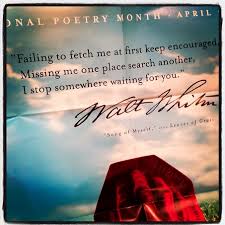Whatever language is native to you, poetry can teach you about language. Poetry can teach you how to be concise, which words trigger a particular emotion (“Be quite.” versus “Shut up!), which words have more impact, and help you build your vocabulary. Also, reading poetry from different countries can offer insight into other people’s experience and how they think.
From old English poets such as Percy Bysshe Shelley (Romantic) to more experimental and political (for his time) poets such as Ezra Pound, there is a poet or collection of poetry for you. There is no reason to be intimidated, and it’s best to begin by learning some of the basics. The best way to learn how to write poetry—or write prose—is to read widely and often. So that is the advice I offer here.
There are different forms of poetry: sonnet, ballad, sestina, epic and many others. All of these were designed to evoke a specific feeling from the reader, and strict forms require creativity and concision from the writer.
My favorite poets are Shakespeare (see his work for traditional forms–his sonnets are awesome!!), William Blake (innocent/Christian themes) Gwendolyn Brooks, Phyllis Wheatley, Nikki Giovanni, Countee Cullen, Warsan Shire, and too many more to list here.
Stop by the Prairie State College Library and start your poetry habit today!













 look
look 




